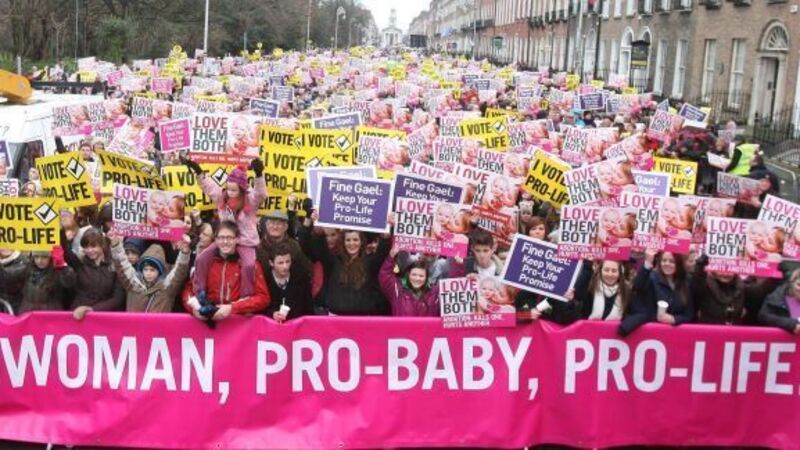Raising the stakes

YOU only have to look at the Youth Defence Facebook page to understand just how international the pro-life movement has become. Messages of support flood in from fans overseas. ‘Thank you, our dear Irish pro-lifers! You inspire other nations to keep fighting for life!’ says one. Another posts about an upcoming pro-life march in Washington DC. Someone from California offers congratulations on the recent pro-life vigil in Dublin.
US anti-abortion sites provide links to Irish sites on their web pages, while Irish sites return the favour. The recent 40 Days For Life campaign, begun in Texas nine years ago, ran in nearly 500 locations in 15 countries last year. Abort67, which has recently stepped up its protest campaign on clinics in Britain, is affiliated with one of the most strident voices in the American pro-life scene, the Centre for Bioethical Reform (CBR).
















